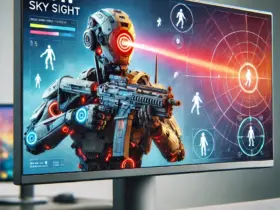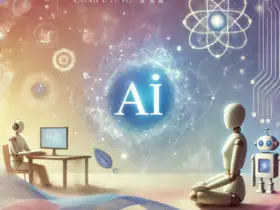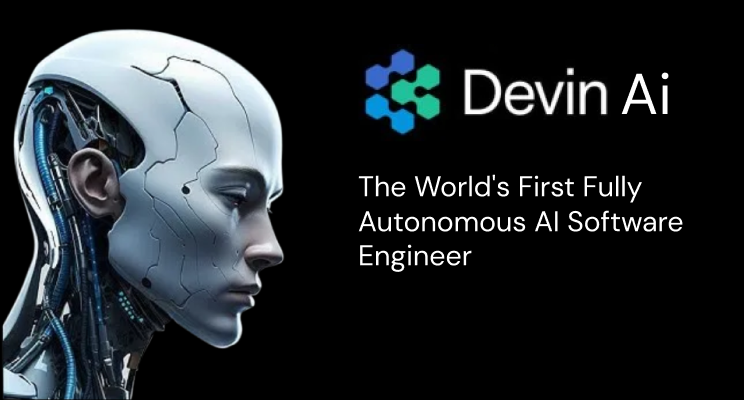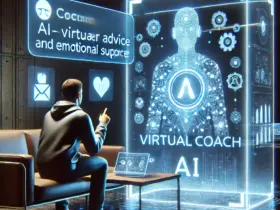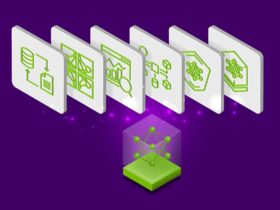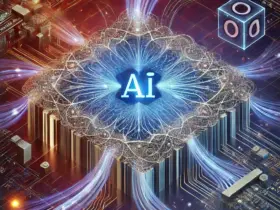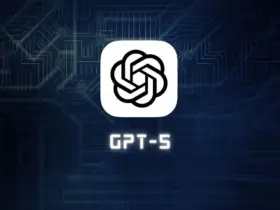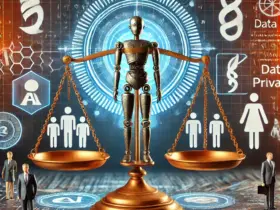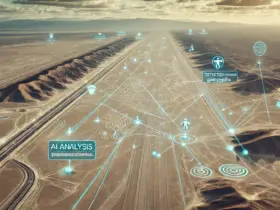The emergence of Devin AI as the world’s purported first AI software engineer has sparked a whirlwind of discussions, concerns, and speculations about the future of coding jobs. With its capabilities shrouded in mystery and only polished demos available, the tech community is left pondering: Is Devin AI the harbinger of the end for traditional software engineering, or is it simply the next step in the evolution of coding?
The Reality of Devin AI
Startups, especially those in the AI domain, face immense pressure and high failure rates, despite significant funding and hype. The true test for Devin AI lies not in its initial presentation but in its practical application within the messy, complex world of software development. Real-world software engineering involves navigating legacy systems, undocumented quirks, and intricate integrations—areas where human intelligence and wisdom excel and AI has historically struggled.
The Promise vs. The Practicality
The tech industry is no stranger to revolutionary tools that promise to democratize or simplify software development. From no-code platforms to AI-driven development tools, the promise has often outpaced practicality. The complexity of software that powers critical infrastructure and services demands a level of understanding and problem-solving that goes beyond what current AI can offer.
The Impact on Software Engineering Jobs
The introduction of Devin AI, even if successful, does not spell the immediate obsolescence of software engineering jobs. Technology adoption, particularly in sectors with legacy systems or sensitive data, is a slow and deliberate process. Moreover, the need for human expertise in coding, problem-solving, and ethical considerations remains paramount. AI may automate repetitive tasks, but it also opens up new opportunities for innovation and efficiency in software development.
Staying Relevant in the Age of AI
For software engineers, the key to staying relevant in the face of AI advancements is continuous learning and adaptation. Understanding the fundamentals of coding, data management, and system design will always be valuable, regardless of the tools used to implement them. AI will likely change the way we code, but it will not eliminate the need for skilled professionals who can design, implement, and maintain complex software systems.
